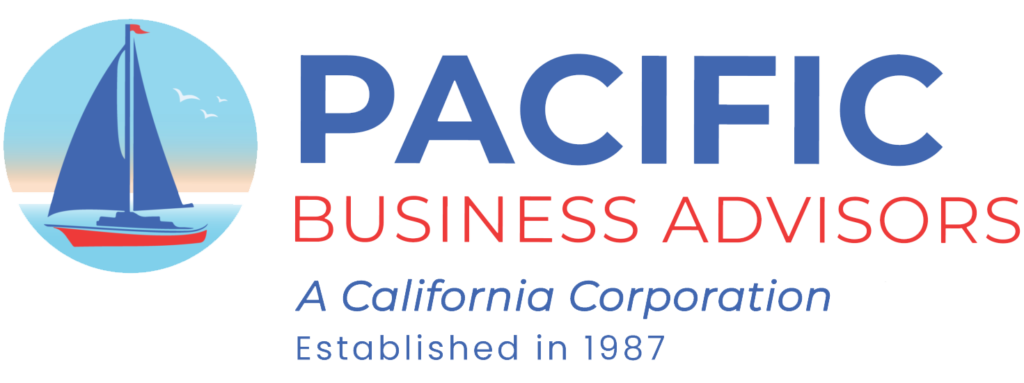

Seller's Discretionary Earnings
Seller's Discretionary Earnings (SDE) is a measure or metric computed for small to mid-size businesses that starts with net profit, then adds back interest, taxes, depreciation, and other adjustments to establish the financial benefit provided to one full-time owner-operator.
The International Business Brokers Association (lBBA) defines SDE as:
"The earnings of a business prior to income taxes, depreciation, amortization, interest, non-operating income and expenses, 'nonrecurring income and expenses, one owner's entire compensation (including benefits and any non-business or personal expenses paid by the business),"
There are a several ways to value a business, but the most commonly accepted and used valuation method involves applying a multiple to a company's earnings.
Most importantly, unless you're one of the rare people who likes paying state and federal income taxes, you've been working with your tax advisor to make certain your taxable income stays as low as possible.
While there is nothing wrong with taking every legitimate tax deduction, it does present an issue when it comes to selling a business.
Buyers seeking to acquire a business want to know:
1. How much money will I be able to put into my pocket?
2. How do the price and earnings of this business compare to other, similarly-sized businesses?
Determining an accurate valuation of a business isn't possible unless it can be compared to similar companies that have sold in the marketplace. That's where Seller's Discretionary Earnings becomes important.
SDE helps compare the cash flows and values of businesses by adjusting their financial statements so that prospective buyers and their lenders can estimate the projected cash flow of a business and more accurately compare the subject company to others. Once a the adjusted earnings of a business has been calculated, the business can then be compared to other similar businesses that have sold in the past.
When determining the value of a business, a business broker, M&A advisor, or business valuation analyst will use the comparable sales method. They will research industry databases to find as many comparable businesses as possible. By knowing the sales price and SDE, they can determine the appropriate "SDE Multiple".
As stated above, calculation of the SDE starts with net profit.
The net profit is then adjusted by identifying items that should be added to, or deducted from, the net profit. These adjustments are known as "add-backs".
An add-back is defined as all, or a portion of, the expenses added back to net income in an effort to adjust the income to reflect, as close as possible, the true economic earnings derived from the business.
Add backs fall into one of five categories:
- Standard or customary,
- Discretionary,
- Non-recurring,
- Non-operating, and
- Accounting adjustments.
These items will vary from company to company, but understanding the major categories is helpful in identifying potential increases to, or deductions from, the net profit of a business.
Standard or Customary
Examples include:
- Salary for one full-time owner,
- Owner's payroll taxes,
- Depreciation expense,
- Amortization expense, and
- Interest expense.
Discretionary
Discretionary add backs are expenses that don't necessarily contribute to the operating performance of the company or are unlikely to continue under a new owner.
Examples include:
- Personal auto expense,
- Personal travel,
- Club dues,
- Owner's health insurance,
Seller's Discretionary Earnings (SDE) Multipliers
PacificBusinessAdvisors.net
Office: 818-991-5200
Direct: 818-991-9019